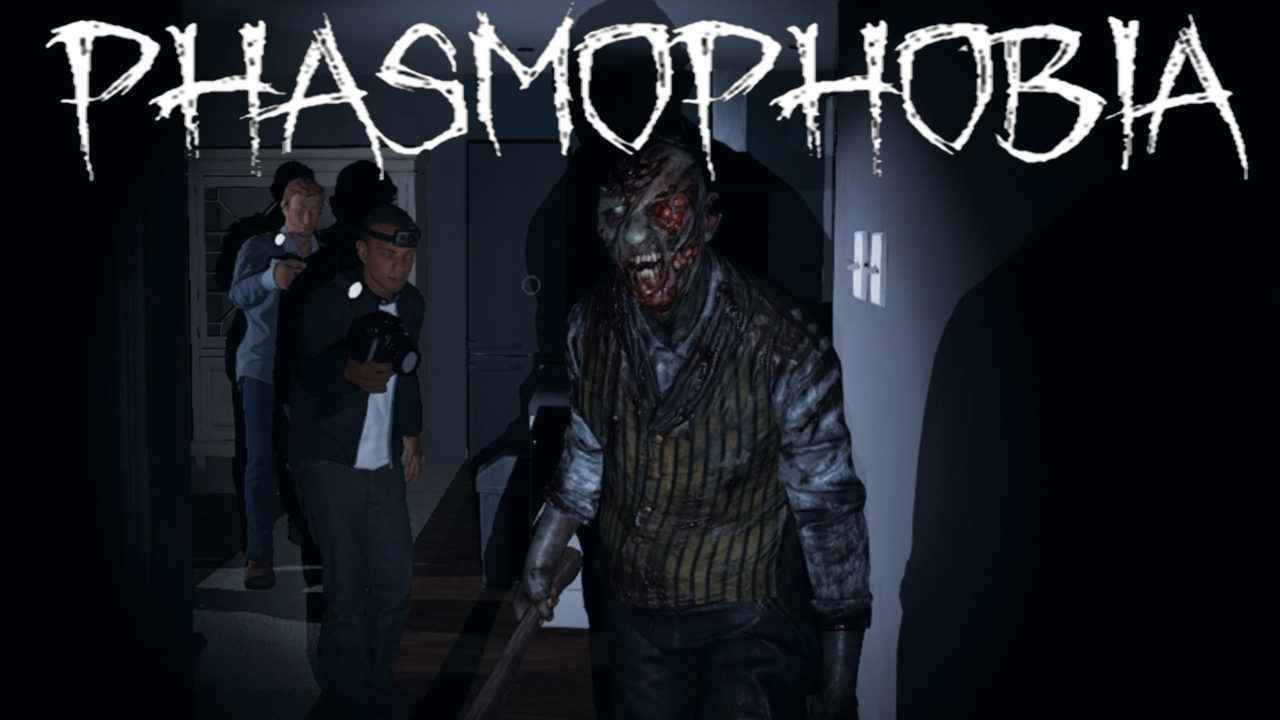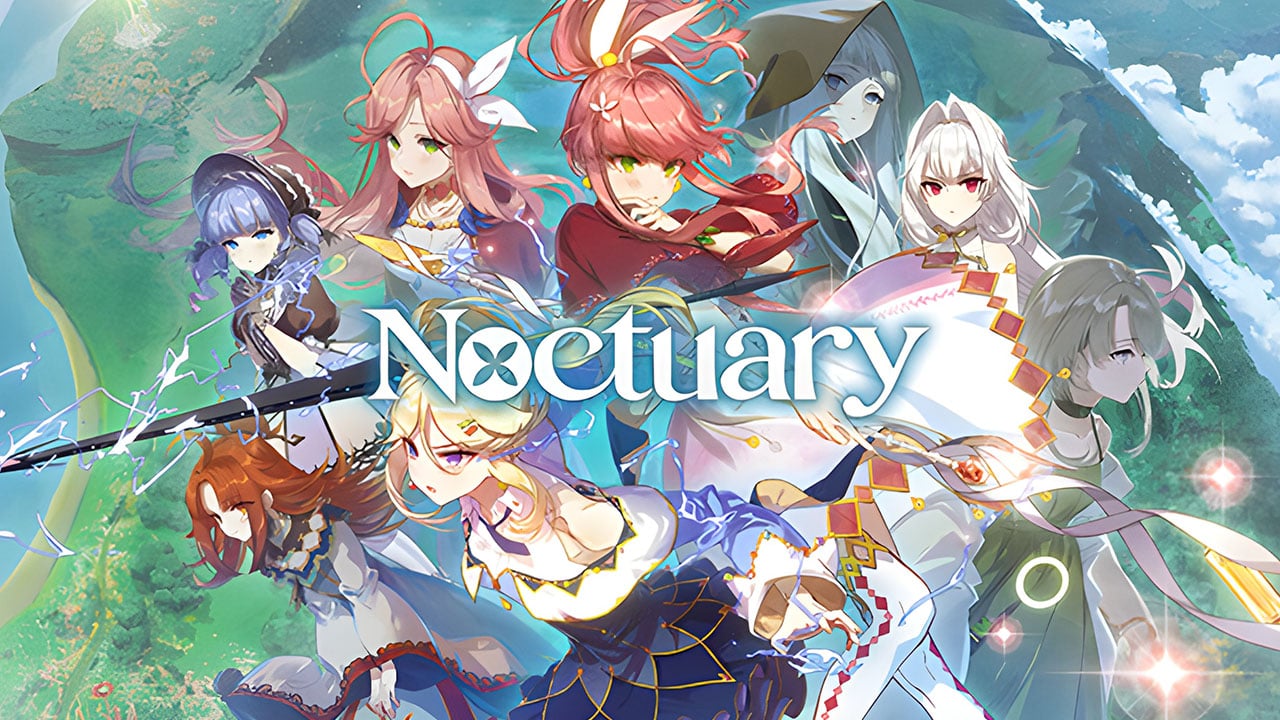Conflict is an inevitable part of any relationship, but it doesn’t have to be a destructive force. In fact, conflict can actually be an opportunity for growth and deepening connection.
Effective conflict resolution allows couples to navigate disagreements in a healthy and constructive manner. By mastering the tools for healthy disagreements, you can transform conflict into an opportunity for growth and strengthen your relationship in the process.
In this article, we will explore various strategies and techniques for resolving conflicts in relationships, offering you a toolkit to navigate disagreements with respect, love, and understanding. Get ready to discover a new way to approach conflict and build lasting, meaningful relationships.
Importance Of Conflict Resolution In Relationships
Conflict resolution is an essential aspect of maintaining healthy and long-lasting relationships. Conflict, if not handled effectively, can lead to prolonged or repetitive disagreements that can have negative effects on the connection between individuals.
However, conflict, when managed constructively, can facilitate learning, open-mindedness, and growth in relationships.
Prolonged or repetitive conflict can have detrimental effects on relationships. It can create a sense of distance and erode trust and intimacy between partners.
On the other hand, healthy conflict resolution can strengthen bonds and create a deeper understanding between individuals.
Conflict, when approached with the right tools and strategies, can be an opportunity for growth and development. It provides an avenue for individuals to express their needs, desires, and concerns while also gaining insight into their partner’s perspective.
By engaging in effective conflict resolution, couples can enhance their communication skills, increase emotional intelligence, and ultimately, foster a stronger and more resilient connection.
Tools For Overcoming Conflict In Relationships
To navigate conflicts successfully, couples can develop a toolkit of conflict resolution strategies that can make disagreements less stressful and more productive. By adopting these tools, individuals can address conflicts in a constructive manner, leading to resolution and improved relationship satisfaction.
Some of these tools include:
- Creating an atmosphere of mutual respect: Fostering an environment where both partners feel valued and respected is crucial for healthy conflict resolution. Disagreements should be approached with kindness, empathy, and a genuine desire to understand each other’s perspectives.
- Recentering and reminding your partner they are important: During emotional conflicts, it is essential to recenter and remind your partner of their importance to you.Validating their feelings and reinforcing that your love for them is unwavering can create a sense of safety and security, enabling open dialogue and resolution.
- Offering a hug, expressing love, and showing willingness to work through the issue: Physical gestures, such as offering a hug or expressing love, can diffuse tension and create an atmosphere of warmth and understanding. Demonstrating a genuine willingness to work through the conflict reinforces the commitment to the relationship.
- Developing emotional regulation skills: Emotional regulation skills are crucial for effective conflict resolution.Being able to manage and express emotions in a healthy and controlled manner allows for more productive discussions and helps prevent conflicts from escalating.
- Understanding protective behaviors: Recognizing protective behaviors, such as defensiveness or criticism, can guide individuals towards more compassionate responses. By understanding these behaviors and their underlying causes, partners can respond with empathy and address the root causes of conflict.
Creating A Healthy Atmosphere For Conflict Resolution
Creating a healthy atmosphere for conflict resolution is essential for productive and successful discussions. Partners can employ various strategies to foster a positive environment for conflict resolution.
These strategies include:
- Clear and open communication: Effective communication is key to resolving conflicts. Partners should feel comfortable expressing their feelings, needs, and concerns openly and honestly.Active listening, empathy, and validating each other’s perspectives are crucial components of clear and open communication.
- Exercises in couples therapy: Seeking professional help through couples therapy or mediation can provide a safe and neutral space for resolving conflicts. Therapists can guide couples through exercises and techniques that promote effective communication and conflict resolution.
- Removing existing relationship disturbances: Before addressing conflicts, it is important to remove any existing relationship disturbances that may hinder productive discussions.This may include factors such as fatigue, hunger, or external stressors that can influence one’s ability to engage in conflict resolution effectively.
- Adopting a win-win mindset: Striving for win-win outcomes in conflicts ensures that both partners’ needs and desires are considered and addressed. This approach promotes a collaborative attitude, fostering a sense of joint problem-solving and partnership.
- Regular check-ups for relationship health: Regularly checking in on the health of the relationship can help avoid unnecessary conflict.Reflecting on the state of the relationship and addressing any ongoing issues can prevent conflicts from escalating or becoming repetitive.
Seeking Professional Help For Conflict Resolution
In some cases, conflicts in relationships may be challenging to navigate without professional guidance. Seeking professional help through mediation or couples therapy can offer valuable insights and tools for effective conflict resolution.
Therapists and mediators are trained to create a safe space for couples to explore their conflicts and find resolution. They can help individuals identify and address underlying issues contributing to the conflict and guide couples through different techniques and exercises designed to improve communication, empathy, and problem-solving skills.
Professional help can provide an objective perspective and facilitate productive discussions, enabling couples to reach resolutions that satisfy both partners. Couples who engage in professional conflict resolution often report increased relationship satisfaction and a deeper understanding of their partner.
Strategies For Effective Communication And Conflict Resolution
To achieve effective communication and conflict resolution, couples can adopt various strategies and approaches. These strategies aim to create an environment of understanding, trust, and collaboration.
Some of the key strategies for effective communication and conflict resolution in relationships include:
- Asking for changes: When expressing concerns or disagreements, it is important to clearly communicate what specific changes or actions are desired. Clearly expressing needs and desires allows partners to address the root causes of conflict and work collaboratively towards resolution.
- Helping the partner feel better or safer: During conflicts, actively working towards helping your partner feel better or safer can deescalate tension and foster a more constructive atmosphere.This may involve showing empathy, providing reassurance, or offering support in finding solutions.
- Addressing invalidation: Ineffective communication often involves invalidating each other’s feelings or perspectives. By acknowledging and addressing invalidation, partners can create a healthier dynamic that allows for the validation of emotions and viewpoints.
- Win-win outcomes: Striving for win-win outcomes ensures that both partners’ needs and desires are met.This approach promotes cooperation and joint problem-solving rather than one partner getting their way at the expense of the other.
- Purposeful listening: Actively listening to understand rather than simply responding enables partners to truly hear each other. Purposeful listening involves giving full attention to what the other person is saying, clarifying understanding, and reflecting on their perspective.
- Synergistic brainstorming: Engaging in synergistic brainstorming allows couples to generate creative and mutually beneficial solutions to conflicts.By exploring multiple options and actively considering each other’s input, partners can find resolutions that meet both of their needs.
In conclusion, conflict resolution is crucial for maintaining healthy and meaningful relationships. By cultivating an atmosphere of mutual respect, developing emotional regulation skills, and seeking professional help when needed, couples can navigate conflicts successfully.
Effective communication techniques, a win-win mindset, and active listening are vital for resolving conflicts and fostering growth in relationships. By implementing these strategies and regularly checking the health of the relationship, individuals can build strong and enduring connections based on trust, understanding, and effective conflict resolution.

